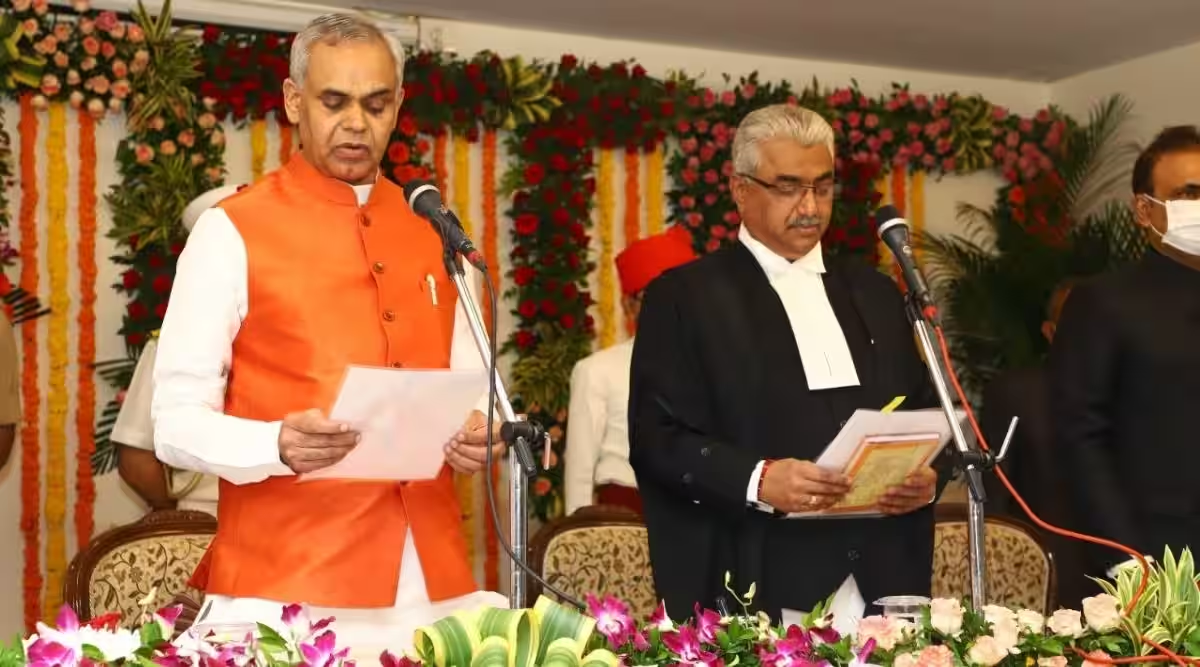Judge declares, "People's rights do not exist in isolation, but they are intrinsically connected to one's duties."
"Principles of Natural Justice, Liberty, Equality, and Fraternity are the pillars upon which our Democratic Republic stands. These principles are not mere words; they are the guiding stars that illuminate the path towards a just and equitable society. Embedded within the Constitution, we find Part 3 that guarantees the fundamental rights of our citizens. They serve as the bedrock of democracy, ensuring that individual freedom is protected and cherished.
However, it is crucial to recognize that these rights do not exist in isolation; they are intrinsically connected to the concept of duties. Just as every right carries a responsibility, every freedom bears an obligation to act responsibly and ethically. The symbolic relationship between rights and duties forms the essence of a harmonious society,” Supreme Court judge Aravind Kumar has said.
In a world that often emphasizes individual rights, Justice Kumar's statement reminds us of the delicate balance required in a democracy. While our Constitution grants us freedoms, it also reminds us of our duty to use those freedoms wisely, respecting the rights of others. This interplay between rights and duties is not just a legal concept; it is the moral foundation of a just and harmonious society, where citizens coexist with mutual respect and responsibility, ensuring that the democratic fabric remains strong and vibrant."
During his address at the third Advocate B.B. Deshpande Memorial Oration Series held at S.M. Pundit Rangamandir in Kalaburagi, Supreme Court judge Aravind Kumar embarked on a profound exploration of the intersection between modern constitutional principles and ancient Hindu religious texts. The event, organized by the Advocate B.B. Deshpande Memorial Oration Series in collaboration with the Vijnaneshwara Pratisthan Trust, Martur, provided a platform for this enlightening discourse.
“Our thoughts on religious texts and scriptures are the rules of our duties which we refer to as Dharma, i.e., structured human behaviour”
Aravind Kumar,
Supreme Court judge
Delving deep into revered texts like the Vedas, Upanishads, Ramayana, and Mahabharata, Justice Kumar sought to draw parallels between the fundamental rights and duties enshrined in the modern Constitution through the deliberations of the Constituent Assembly and the age-old jurisprudence of ancient India.
In his captivating narrative, Justice Kumar illuminated the timeless wisdom of ancient Indian philosophy. He emphasized that in those bygone eras, society thrived on noble conduct, guided by unwritten principles. The essence was encapsulated in the belief that those who upheld Dharma (righteousness) would themselves be protected by it. Truthfulness and adherence to Dharma were core principles upheld by every religion. These principles, dating back over 6,000 years, were enshrined in the Vedas, which presented duties in the form of divine commands. Failure to fulfill these individual duties was believed to result in sin, carrying repercussions in the afterlife. Justice Kumar concluded by suggesting that these ancient religious texts and scriptures effectively constituted the rules of human duties, what we now refer to as Dharma—a blueprint for structured human behavior. His insightful discourse provided a bridge connecting the wisdom of the past with the principles of our modern democratic society.
Justice Aravind Kumar characterized the ancient texts, notably the Ramayana and the Bhagavad Gita, as more than just stories; they are timeless narratives brimming with wisdom. These narratives, he contended, are not only foundational to our cultural heritage but also serve as reservoirs of profound moral and ethical insights that continue to shape the very essence of our nation. In his perspective, these texts are not relics of the past but enduring guides, much like the Constitution, that help steer the moral and ethical compass of our society.
The event witnessed the presence of esteemed individuals, including the former Rajya Sabha member and the leader of the Vijnaneshwara Pratisthan Trust, Basavaraj Patil Sedam, as well as C. Basavaraju, Vice-Chancellor of Karnataka State Law University, among others. Their attendance underscored the significance of the occasion and highlighted the importance of bridging the rich cultural heritage of ancient texts with the contemporary legal and ethical landscape.

